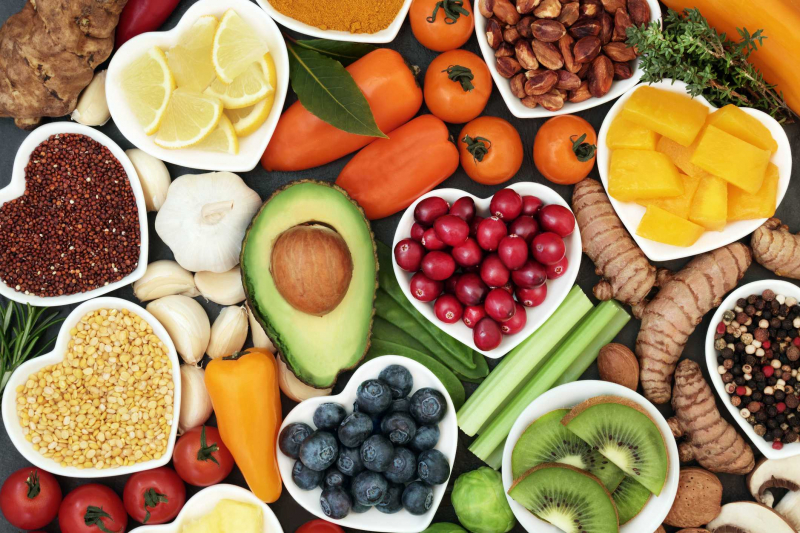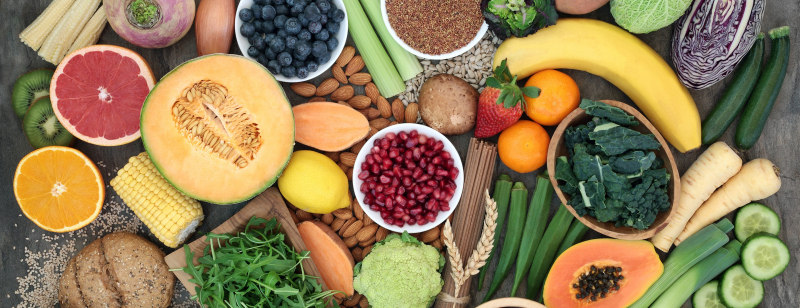Insoluble fiber

In general, dietary fiber promotes intestinal health and gives the diet more bulk. There are many foods that are high in fiber such as whole grains, vegetables, fruits, etc. Foods include one of two types of fiber insoluble and soluble.
The majority of plant-based foods include both soluble and insoluble fiber, but some are particularly abundant in one. For example, soluble fiber is concentrated in beans, fruits, and oat products; while insoluble fiber is concentrated in whole grain products and vegetables. The majority of IBS sufferers benefit greatly from soluble fiber. The American College of Gastroenterology (ACG) advises using inexpensive, efficient soluble fiber supplements, including psyllium, to treat IBS. They claim, however, that insoluble fiber, such as wheat bran, may exacerbate pain and bloat. Each person has a unique level of fiber tolerance. Insoluble fiber-rich foods may make some IBS sufferers' symptoms worse, whereas other IBS sufferers have no problems with them. Furthermore, some IBS sufferers may experience problems from soluble fiber-rich foods like beans.











